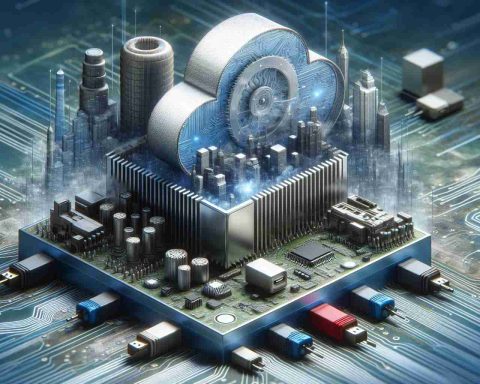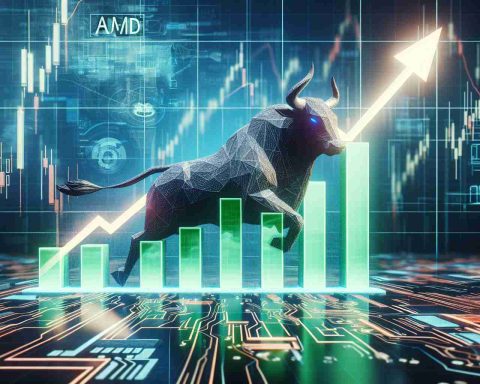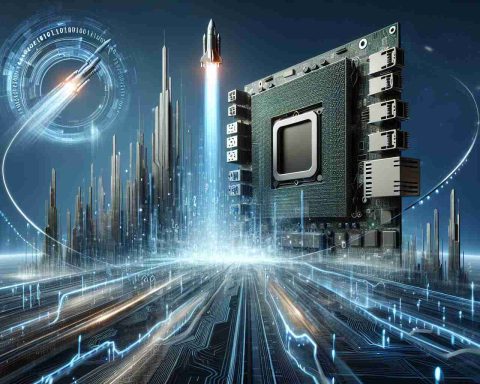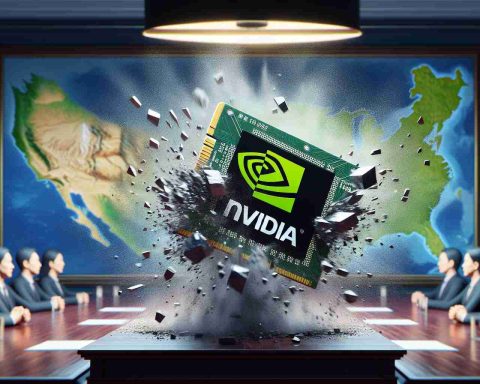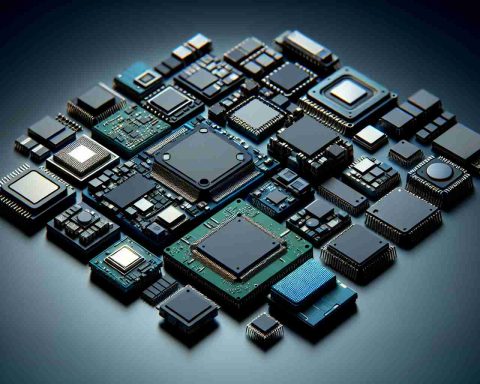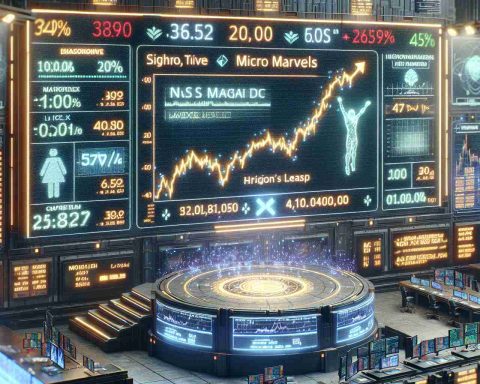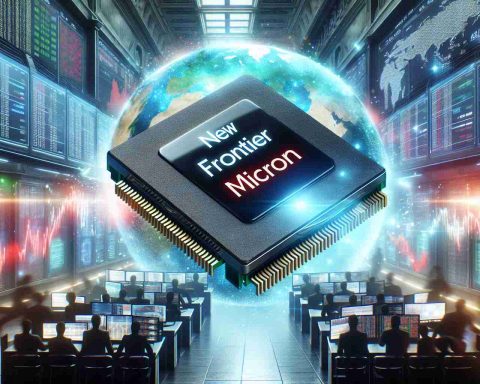In a strategic leadership overhaul, Samsung Electronics has introduced Jun Young-hyun as the new head of its memory chip business and appointed him as co-CEO of the company. Alongside this, Han Jin-man has been elevated to president and will spearhead Samsung’s foundry business, aiming to enhance the company’s position in the competitive semiconductor arena.
Nam Seok-woo, previously leading the engineering and operations of Samsung’s chip factories, has been designated as the chief technology officer of the foundry division. This reshuffle comes amid concerns over Samsung’s declining stock value since August, attributed to fears that the company is lagging behind competitors in producing advanced chips for the booming artificial intelligence sector.
The strategic changes reflect Jun Young-hyun’s prior appointment in May, which was a strategic move to address what Samsung termed a “chip crisis.” However, the company faced setbacks when a significant AI chip customer experienced delays, prompting Jun to express regret over recent performance outcomes.
Further, Samsung has unveiled a new president of management strategy within its Device Solutions division as part of this organizational shift. Meanwhile, Park Hark-kyu, former president and CFO, is transitioning to lead the Business Support Task Force, with his replacement yet to be announced.
Samsung’s semiconductor division recently suffered a significant quarterly profit drop of 40%, trailing behind rivals like TSMC and SK Hynix, who have reaped impressive gains thanks to the AI revolution. Additional challenges include potential impacts from U.S. tariffs, contributing to a 25% decline in Samsung’s market performance this year.
Samsung Electronics Chairman Jay Y. Lee acknowledged these “unprecedented challenges” facing the company, elucidating the concerns within the industry landscape.
How Samsung’s Leadership Shake-up Could Reshape the Global Tech Landscape
In the fast-paced world of technology, leadership changes at major corporations can have far-reaching effects. Samsung Electronics’ recent leadership overhaul is no exception, and the implications of these shifts are poised to impact not just the tech giant itself, but also the broader semiconductor industry and global markets.
Interesting Facts and Controversies
Samsung’s restructuring goes beyond mere boardroom reshuffling; it signals a pivotal moment in the semiconductor sector, a market characterized by intense competition and rapid innovation. Interestingly, Samsung’s memory chip business, now helmed by Jun Young-hyun, is a linchpin for the company’s overall strategy, supporting not only consumer electronics but also critical infrastructure worldwide.
A controversial aspect of Samsung’s leadership shake-up revolves around the company’s need to regain its competitive edge, particularly in AI chip production. Critics argue that Samsung’s previous reluctance to invest heavily in AI chip research has allowed rivals like TSMC and SK Hynix to surge ahead. The new appointments suggest an acknowledgment of past oversights and a commitment to aggressive re-entry into the AI race.
Advantages and Disadvantages
One of the key advantages of the new leadership structure is the potential for Samsung to rejuvenate its technological endeavors and outpace competitors in chip innovation. By placing experienced leaders in pivotal roles, Samsung aims to fortify its market position and drive technological advances that could lead to breakthroughs in memory and foundry capabilities.
However, the disadvantages of such a significant overhaul include the uncertainty and transition-related delays that can occur when new leaders are settling into their roles. Additionally, the necessity to catch up in AI development may require resource reallocation, potentially straining other areas of Samsung’s diverse product base.
Impact on Lives, Communities, and Countries
The ripple effects of Samsung’s shake-up can be felt across various domains. For consumers, enhanced chip capabilities promise more powerful and efficient electronic devices, from smartphones to home appliances. Communities reliant on Samsung’s supply chain might experience economic shifts, depending on how these changes influence production levels and job opportunities.
On a broader scale, countries with strong semiconductor ties, particularly those investing heavily in AI technology, could see competitive advantages or pressures. As Samsung strives to recover its position, nations like South Korea may bolster their stake in the tech sector, emphasizing innovation-driven growth.
Questions and Answers
– Will Samsung’s leadership change improve its AI capabilities? The new appointments indicate a strong focus on AI, suggesting that Samsung intends to align its resources and expertise towards capturing AI market opportunities.
– How might these changes alter Samsung’s market performance? If effective, this restructuring could reverse the recent decline in Samsung’s stock value by demonstrating increased capability in high-demand tech areas.
– Could other tech companies follow Samsung’s lead in leadership restructuring? Possibly, especially if Samsung’s restructuring yields a significant turnaround in its market position, prompting others to consider similar strategic shifts.
For more industry insights and updates on the semiconductor sector, consider exploring SAMSUNG and TSMC.





